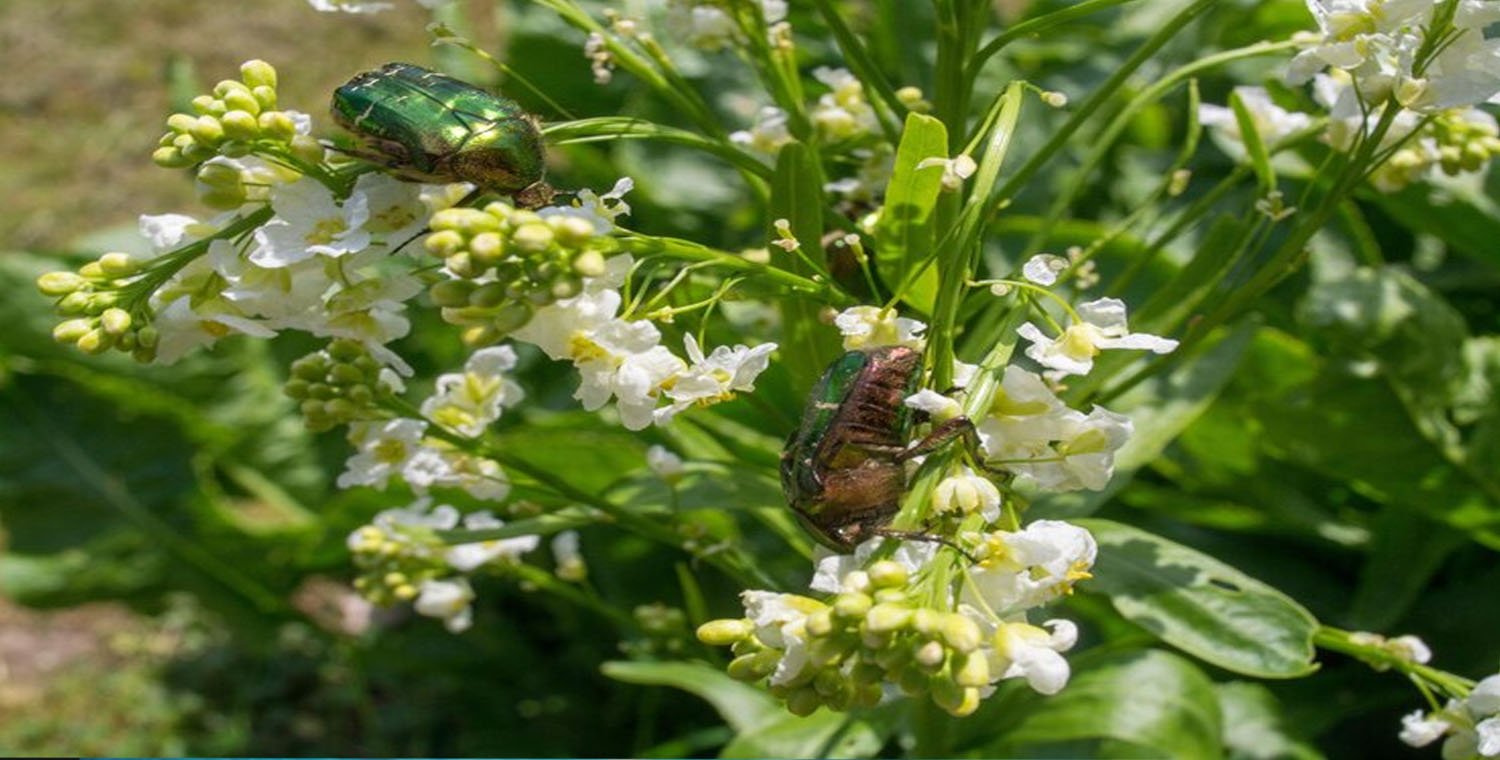Hurbarna is a term that resonates across various cultures and practices, often referring to a specific set of beliefs, rituals, or natural products. While the word might not be universally recognized, its implications and significance can be profound. This article delves into the various dimensions of hurbarna, examining its cultural roots, applications in traditional medicine, and its modern-day relevance.
The Cultural Roots of Hurbarna

Historical Context
The concept of hurbarna is deeply embedded in the traditions of many indigenous cultures. Often associated with herbal practices, hurbarna represents the age-old wisdom of utilizing nature’s resources for health and wellness. Historically, various civilizations, from the ancient Egyptians to indigenous tribes in North America, have relied on herbal remedies and spiritual practices that align closely with the principles of hurbarna.
Rituals and Practices
In many cultures, hurbarna is intertwined with rituals that honor the earth and its gifts. These rituals often include the use of specific herbs, which are believed to carry spiritual significance. For instance, in some Native American tribes, certain herbs are burned as offerings to the spirits, while others are used in healing ceremonies. These practices underscore the belief that nature is not just a resource, but a living entity that requires respect and gratitude.
The Role of Hurbarna in Traditional Medicine
Herbal Remedies
One of the most prominent aspects of hurbarna is its application in traditional medicine. Various herbs associated with hurbarna are renowned for their healing properties. For example, plants like echinacea and chamomile are commonly used to boost immunity and promote relaxation, respectively. These herbs serve as a testament to the knowledge passed down through generations, emphasizing a holistic approach to health.
Modern Adaptations
In recent years, there has been a resurgence of interest in herbal medicine, with many people turning to hurbarna-inspired remedies as alternatives to pharmaceutical treatments. This shift reflects a growing recognition of the potential benefits of natural products. For instance, many modern wellness brands incorporate herbal elements, promoting products that are rooted in the principles of hurbarna.
The Ecological Significance of Hurbarna
Biodiversity and Sustainability
Hurbarna also encompasses a deep appreciation for biodiversity and sustainable practices. Many traditional herbalists emphasize the importance of harvesting plants responsibly, ensuring that ecosystems remain intact. This approach aligns with contemporary movements advocating for sustainable agriculture and the preservation of biodiversity.
Conservation Efforts
As the world grapples with climate change and habitat loss, the principles of hurbarna can inform conservation efforts. By valuing local plant species and traditional knowledge, communities can work towards preserving their natural heritage. Educational initiatives that promote hurbarna can empower local populations, fostering a sense of stewardship for the environment.
The Modern Relevance of Hurbarna
Wellness Trends
The modern wellness industry has seen a significant uptick in interest surrounding herbal and natural products. As people seek alternatives to synthetic pharmaceuticals, hurbarna-inspired remedies have gained popularity. From herbal teas to essential oils, many consumers are turning to nature for solutions to common ailments.
Integration in Daily Life
Incorporating the principles of hurbarna into daily life can be as simple as using herbal teas or cooking with fresh herbs. Many individuals are discovering the benefits of these practices not only for their physical health but also for their mental and emotional well-being. The mindful use of herbs in cooking and self-care routines fosters a deeper connection to nature.
Case Studies of Hurbarna in Practice
Community Herbal Gardens
One remarkable manifestation of hurbarna is the establishment of community herbal gardens. These gardens serve as educational spaces where individuals can learn about local plants and their uses. They promote community engagement and provide a sustainable source of herbs for medicinal and culinary purposes. Through workshops and guided sessions, participants gain hands-on experience, reinforcing the importance of traditional knowledge.
Integration in Healthcare
Some healthcare practitioners are beginning to integrate hurbarna principles into their practices. For example, integrative health clinics may offer herbal consultations alongside conventional treatments. This holistic approach recognizes the value of both modern medicine and traditional practices, providing patients with a comprehensive understanding of their health.
Challenges and Considerations
Misuse and Overharvesting
Despite the many benefits of hurbarna, there are challenges to consider. Overharvesting of certain plants can lead to ecological imbalances. It is crucial to educate communities about sustainable harvesting practices to prevent depletion of valuable resources.
Cultural Appropriation
Another significant concern is the potential for cultural appropriation. As interest in hurbarna grows, it is essential to respect the origins and significance of these practices. Engaging with indigenous communities and acknowledging their contributions to herbal medicine can help foster a more respectful and equitable relationship.
Conclusion
Hurbarna embodies a rich tapestry of cultural, medicinal, and ecological significance. As we navigate the complexities of modern life, the principles of hurbarna offer valuable insights into holistic well-being and sustainable living. By honoring the traditions associated with hurbarna and integrating them into contemporary practices, we can cultivate a deeper connection to nature and promote a healthier future for ourselves and the planet.
Final Thoughts
Whether you are exploring herbal remedies, engaging in rituals, or advocating for sustainability, the essence of hurbarna is relevant in various facets of life. By embracing the wisdom of our ancestors and fostering a respectful relationship with nature, we can ensure that the legacy of hurbarna continues to thrive for generations to come.
More Read:

